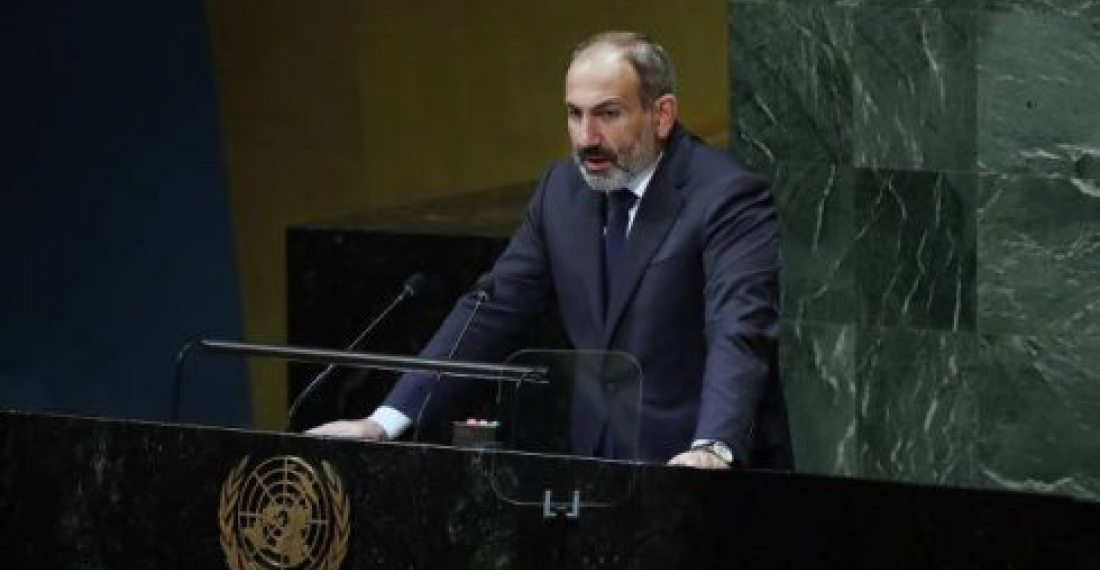Armenian prime minister Nikol Pashinyan has resigned, triggering a constitutional process that should see early parliamentary elections held in December. Pashinyan will contin ue to serve as caretaker prime minister until the elections.
According to the Armenian constitution if the prime minister resigns, and parliament fails in two consecutive votes to elect a successor, parliament is dissolved and early elections held.
Pashinyan has been prime minister since May, when in a surprise move, former president Serzh Sargsyan who had just ended two terms as president, resigned days after being appointed as prime minister following massive street protests.
Whilst Pashinyan continues to have wide popular support, parliament remained dominated by the old guard led by the Republican Party of Armenia (RPA). Technically parliament can still decide tyo appoint someone else as prime minister, but this would be a highly devisive move - one that could trigger another wave of popular unrest, so the likelyhood is that parliament will acquiesce to Pashinyan's with and that parliamentary elections will be held in December.
Pahinyanm announced his resignation in an emotional speech broadcast live by Armenia's public broadcasting channel. The prime minister concluded his speech with a strong personal message to the Armenian people:
"I want you to know definitely and undoubtedly: all your pains are in my heart, all your needs are in my thoughts, all your dreams are in my soul and give me wings and strength to stand before you and to confidently say - everything will be all right, everything will be very good.
Prepare yourselves for new victories and prepare for building a new and powerful, free and happy Armenia.
I love you all, I am proud of you all, I bow before you all, I kiss you all."
source: commonspace.eu







